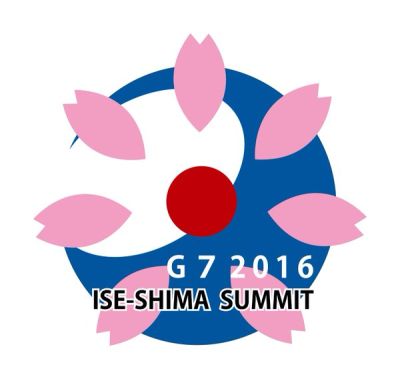The American Federation of Labor and Congress of Industrial Organizations (AFL-CIO), the Canadian Labour Congress (CLC) and the European Trade Union Confederation (ETUC) strongly reject the granting of Market Economy (MES) to China.
China has been a member of the World Trade Organisation (WTO) since 2001 but it is not recognised as a market economy by any of its major trading partners. China's WTO Accession Protocol allowed WTO members not to grant “Market Economy Status” (MES) to China until China meets the market economy criteria of the importing country. Not applying MES to China allows other WTO countries to use alternative methods for calculating dumping margins. China argues that it is automatically entitled to Market Economy Status after December 2016. However, well-grounded legal analyses demonstrate that there is no legal automaticity in granting MES to China after that deadline.
Granting MES to China would severely undermine the most effective tools we have to respond to China’s unfair trade practices. Even a cursory review of the Chinese government’s interventions in its stock and currency markets over the last several months, not to mention the ongoing practice of concessionary loans by many state banks to keep non-viable entities in operation, demonstrates the degree to which China remains a non-market economy. Government leaders in the United States, Canada, in the EU and elsewhere should make it clear that China’s status will not be altered as long as it continues its current level of state intervention in its economy and state support for its global firms.
China makes 50 percent of the world’s steel, 55 percent of its aluminum and 60 percent of its cement, even as its domestic demand has weakened. China has therefore maintained its massive excess capacity, exporting the surplus at below-market prices. Besides steel and aluminum, Chinese overproduction also involves sectors like ceramics, tire, paper, glass, solar panels and many other others besides. During a time of lackluster global growth both in the US, Canada and in the EU, this practice has caused irreparable harm to our industry. It has devastated communities and cost thousands of workers their jobs.
China does not uphold the principle of fair competition in its trading relationships. Moreover, interference in trade union affairs – indeed state control of trade union organisations – and the lack of free collective bargaining should be raised in this context with the Chinese authorities jointly by the EU and the US. Granting MES to China would remove any incentive for China to move from a state-led economy to a social market economy, to respect labour standards and to create a global level playing field.
Therefore, we call on EU, Canadian and US leaders to deny MES to China until it fulfils its WTO obligations. Granting MES would remove the EU’s ability to stop Chinese dumping. Our leaders must stand up and take responsibility for their citizens, and economic sustainability. They must build swift and effective instruments to ensure fair trade, secure the future of local manufacturing and ensure an effective industrial policy. The use of non-market economy methodologies must be maintained to reveal the true level of Chinese dumping and that a fair, level playing field between China and its major trading partners should be created in order to prevent our workers falling victim to unfair trade practices.
A unilateral EU decision to grant MES to China could lead to a flood of cheap imports into the EU as a result of trade deflection. This would have a devastating effect on a large number of manufacturing sectors in the EU. Moreover, it would put pressure on the US and Canada to do the same. It would be a grave mistake for the EU to bow to pressure to grant MES to China now in exchange for any concessions in the context of the Bilateral Investment Treaty (BIT) negotiations, which could well prove illusory in any event.
Trade liberalisation can never be a goal in itself and without any conditions. Trade policy should be based on the principles of fair and balanced trade: creating added value, reinforcing labour standards and human rights, promoting sustainable development, improving living standards and working conditions for all.

